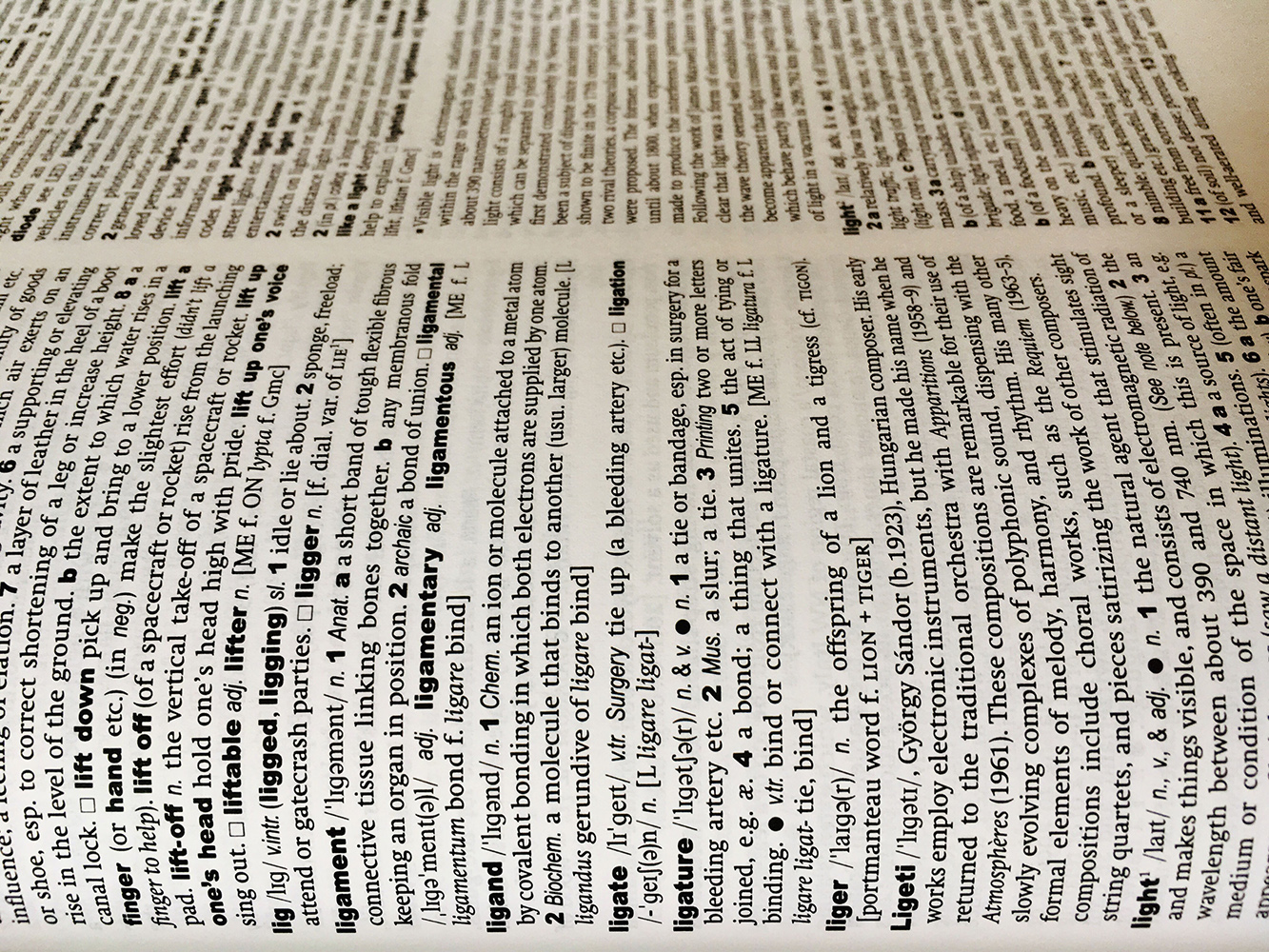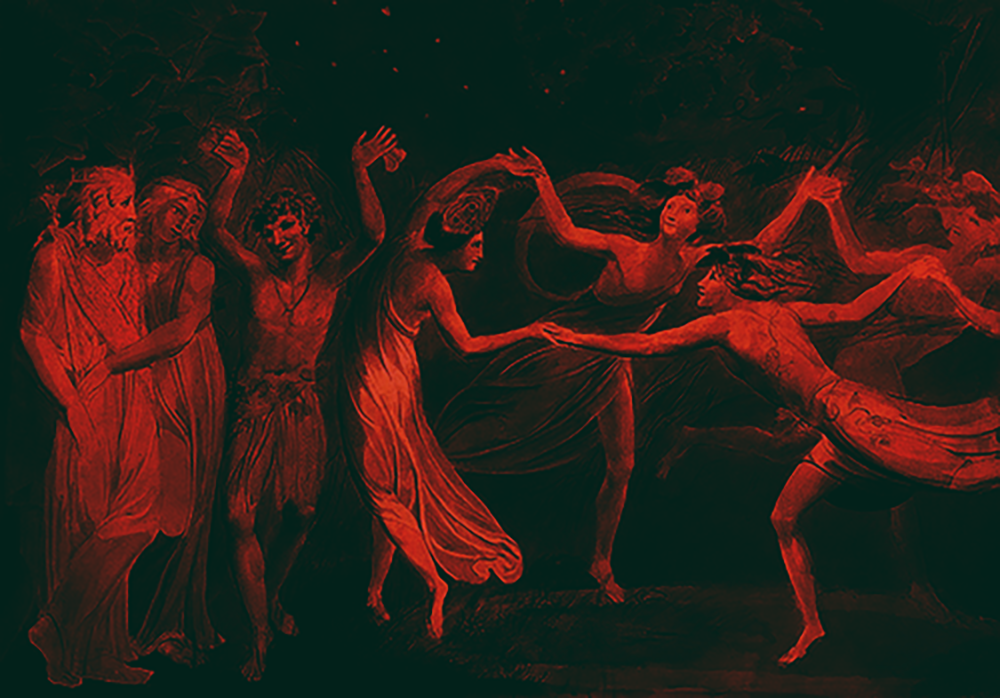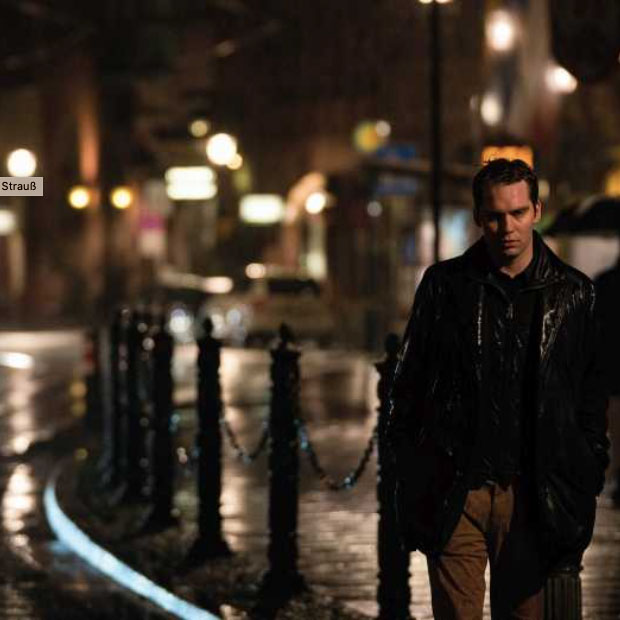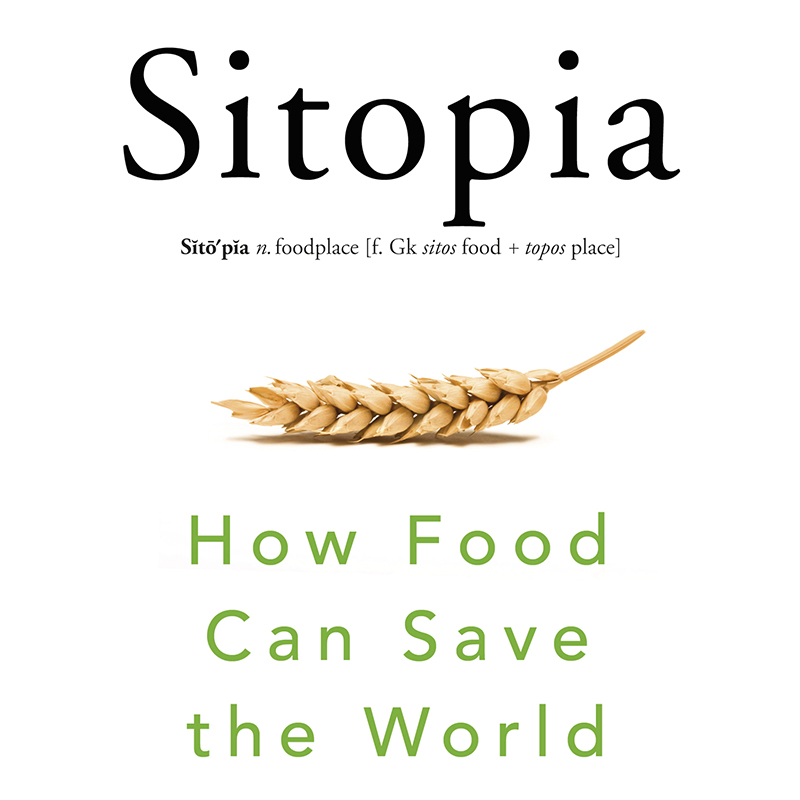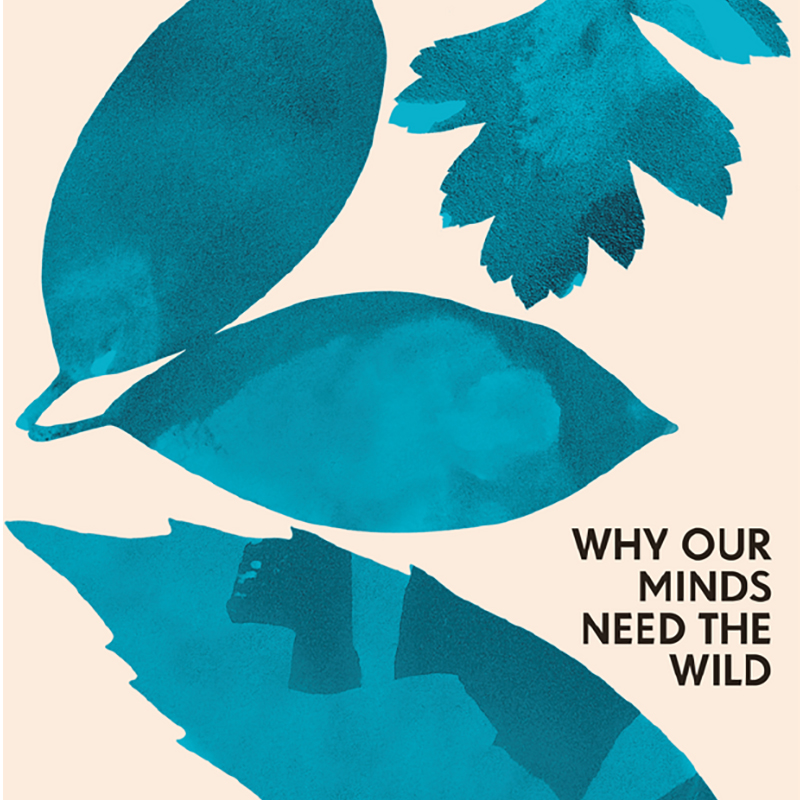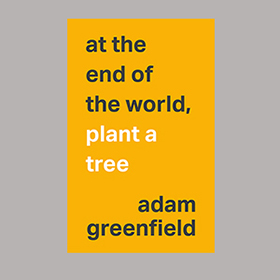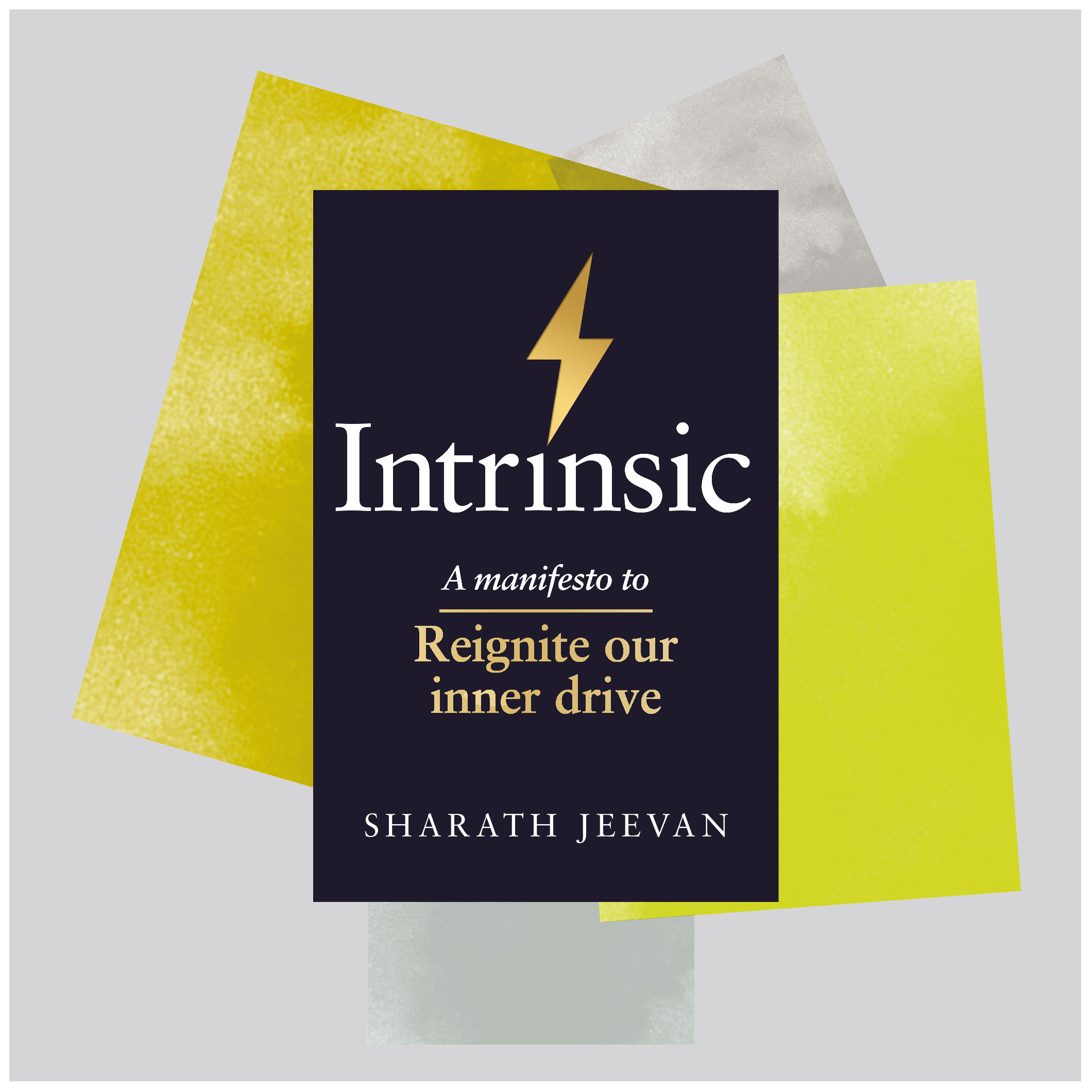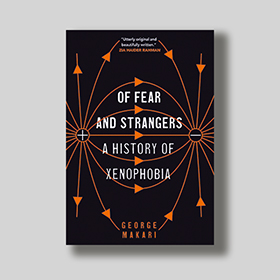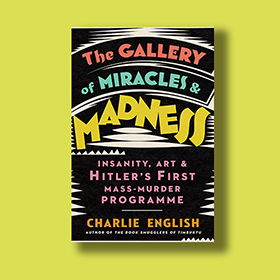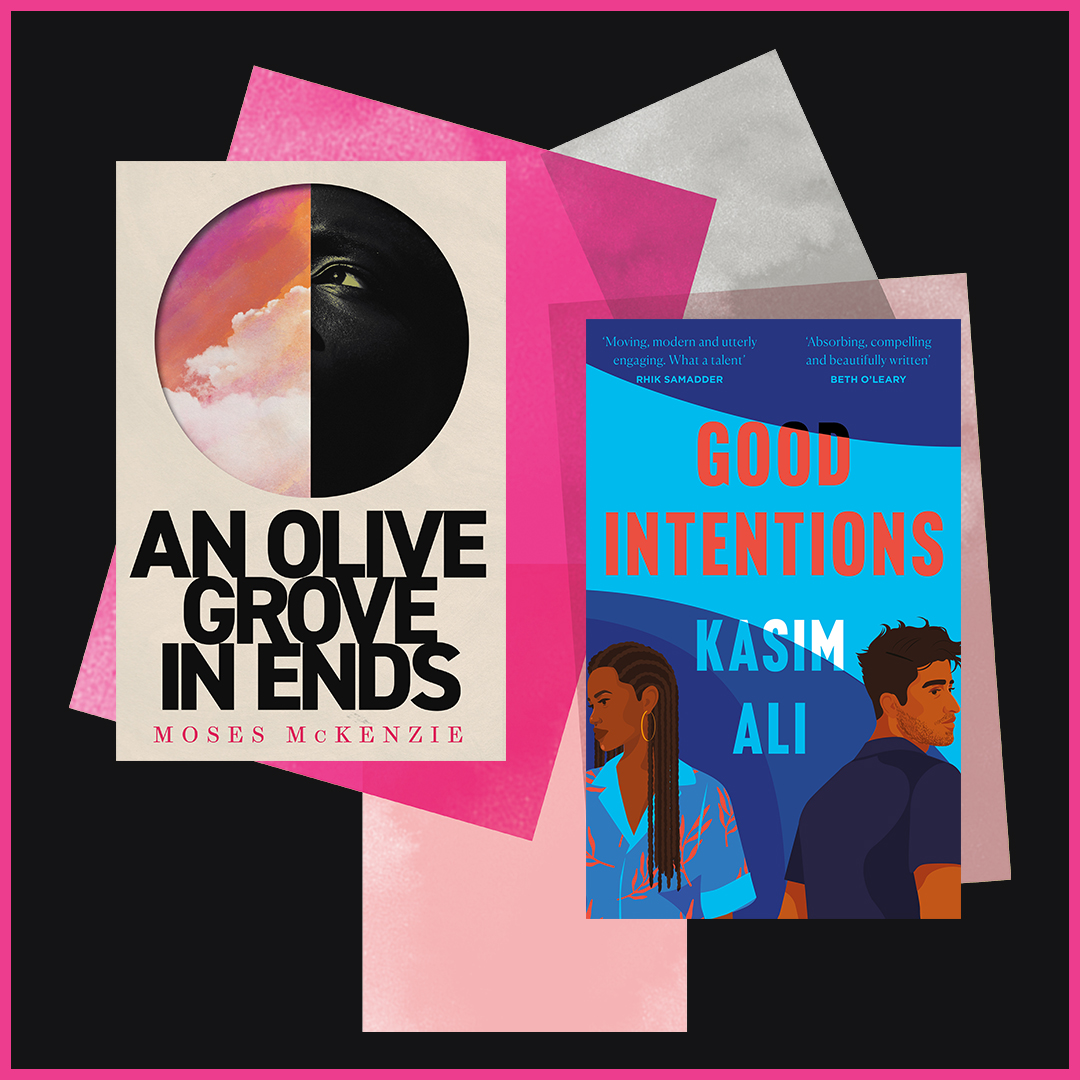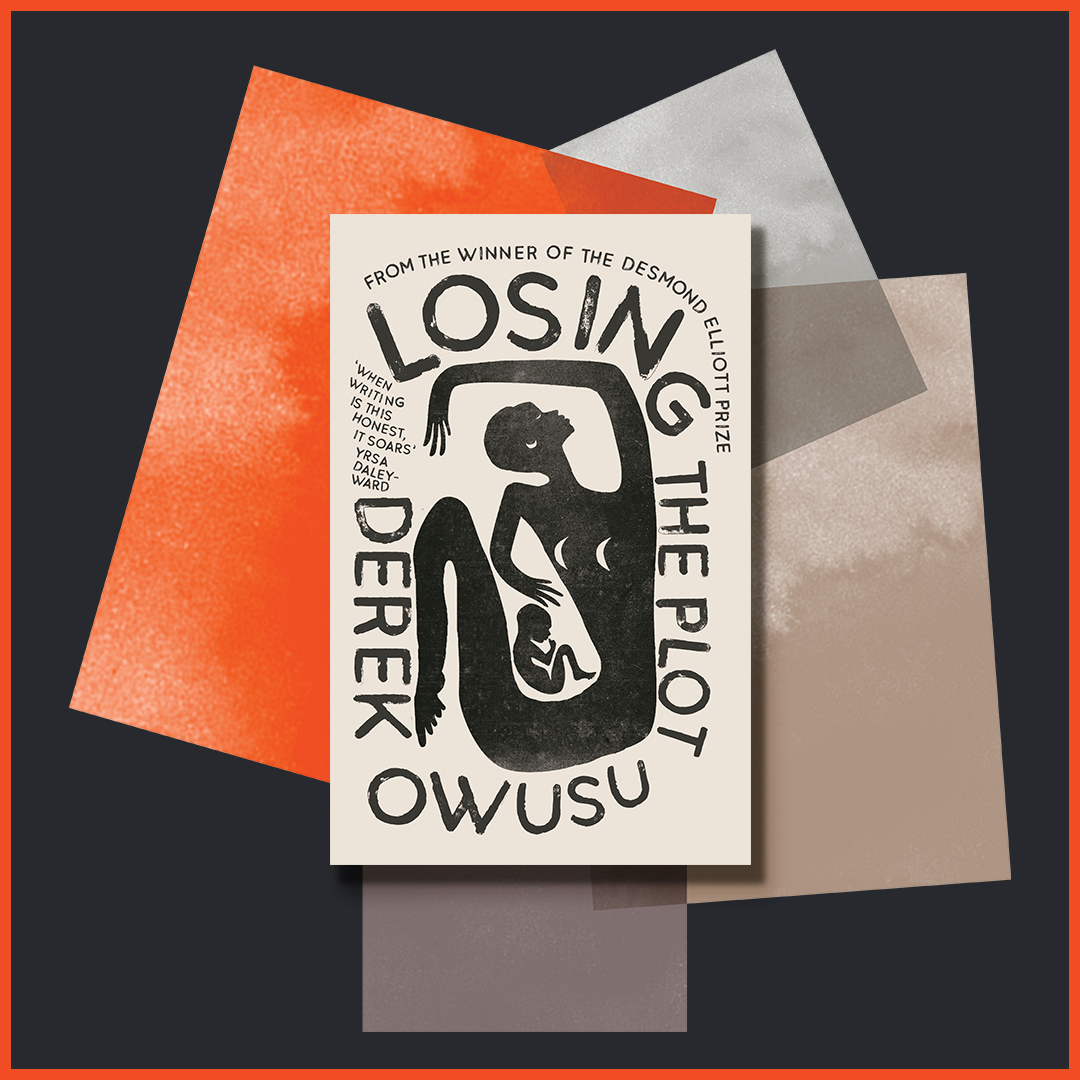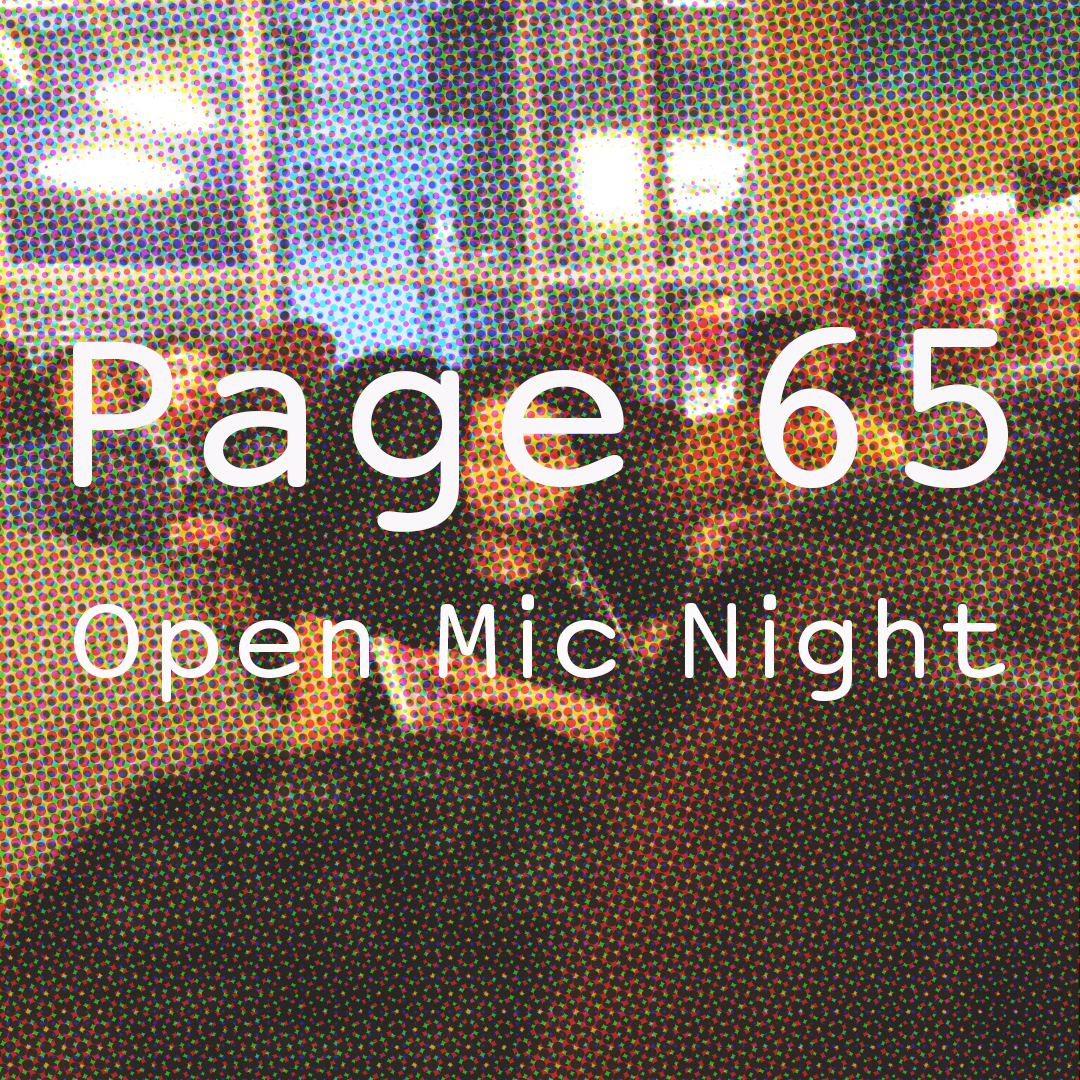
Rings of Saturn: W.G. Sebald Sebald’s best known work opens as “the dog days were coming to an end” and takes the reader on a physical and intellectual journey that examines the whole spectrum of human experience. Mark O’Connell explores Sebald’s incredible legacy a decade after his sudden death. He writes: “Reading [Sebald] is a wonderfully disorienting experience, not least because of the odd, invigorating uncertainty as to what it is, precisely, we are reading. His books occupy an unsettled, disputed territory on the border of fiction and fact, and this generic ambivalence is mirrored in the protean movements of his prose. Often what is on the page, the writing itself, gives the impression of being only the faint, flickering shadow of its actual referent. What Sebald seems to be writing about, in other words, is frequently not what he wants us to be thinking about. […] The psychoanalyst Adam Phillips’s claim that “Sebald is more like a new kind of historian than a new kind of novelist” might be too provocative for its own good, but it is an indication of the extent to which his work has yet to be placed within a secure canonical niche. The books are fascinating for the way they inhabit their own self-determined genre, but that’s not ultimately why they are essential reading. There is a moral magnitude and a weary, melancholy wisdom in Sebald’s writing that transcends the literary and attains something like an oracular register. Reading him feels like being spoken to in a dream. He does away with the normal proceedings of narrative fiction—plot, characterization, events leading to other events—so that what we get is the unmediated expression of a pure and seemingly disembodied voice. That voice is an extraordinary presence in contemporary literature, and it may be another decade before the magnitude—and the precise nature—of its utterances are fully realized.” Read the full article here from the New Yorker: http://bit.ly/1yqhcfm
-
Rings of Saturn: W.G. Sebald
Sebald’s best known work opens as “the dog days were coming to an end” and takes the reader on a physical and intellectual journey that examines the whole spectrum of human experience. Mark O’Connell explores Sebald’s incredible legacy a decade after his sudden death. He writes: “Reading [Sebald] is a wonderfully disorienting experience, not least because of the odd, invigorating uncertainty as to what it is, precisely, we are reading. His books occupy an unsettled, disputed territory on the border of fiction and fact, and this generic ambivalence is mirrored in the protean movements of his prose. Often what is on the page, the writing itself, gives the impression of being only the faint, flickering shadow of its actual referent. What Sebald seems to be writing about, in other words, is frequently not what he wants us to be thinking about.
[…]
The psychoanalyst Adam Phillips’s claim that “Sebald is more like a new kind of historian than a new kind of novelist” might be too provocative for its own good, but it is an indication of the extent to which his work has yet to be placed within a secure canonical niche. The books are fascinating for the way they inhabit their own self-determined genre, but that’s not ultimately why they are essential reading. There is a moral magnitude and a weary, melancholy wisdom in Sebald’s writing that transcends the literary and attains something like an oracular register. Reading him feels like being spoken to in a dream. He does away with the normal proceedings of narrative fiction—plot, characterization, events leading to other events—so that what we get is the unmediated expression of a pure and seemingly disembodied voice. That voice is an extraordinary presence in contemporary literature, and it may be another decade before the magnitude—and the precise nature—of its utterances are fully realized.” Read the full article here from the New Yorker: http://bit.ly/1yqhcfm
#Walkingwithsebald #leavingdogdaysbehind #writingandwalkingandthinking #markoconnell #libreriarecommends #libtriptych #libreria
Rings of Saturn: W.G. Sebald
Sebald’s best known work opens as “the dog days were coming to an end” and takes the reader on a physical and intellectual journey that examines the whole spectrum of human experience. Mark O’Connell explores Sebald’s incredible legacy a decade after his sudden death. He writes: “Reading [Sebald] is a wonderfully disorienting experience, not least because of the odd, invigorating uncertainty as to what it is, precisely, we are reading. His books occupy an unsettled, disputed territory on the border of fiction and fact, and this generic ambivalence is mirrored in the protean movements of his prose. Often what is on the page, the writing itself, gives the impression of being only the faint, flickering shadow of its actual referent. What Sebald seems to be writing about, in other words, is frequently not what he wants us to be thinking about.
[…]
The psychoanalyst Adam Phillips’s claim that “Sebald is more like a new kind of historian than a new kind of novelist” might be too provocative for its own good, but it is an indication of the extent to which his work has yet to be placed within a secure canonical niche. The books are fascinating for the way they inhabit their own self-determined genre, but that’s not ultimately why they are essential reading. There is a moral magnitude and a weary, melancholy wisdom in Sebald’s writing that transcends the literary and attains something like an oracular register. Reading him feels like being spoken to in a dream. He does away with the normal proceedings of narrative fiction—plot, characterization, events leading to other events—so that what we get is the unmediated expression of a pure and seemingly disembodied voice. That voice is an extraordinary presence in contemporary literature, and it may be another decade before the magnitude—and the precise nature—of its utterances are fully realized.” Read the full article here from the New Yorker: http://bit.ly/1yqhcfm
#Walkingwithsebald #leavingdogdaysbehind #writingandwalkingandthinking #markoconnell #libreriarecommends #libtriptych #libreria












